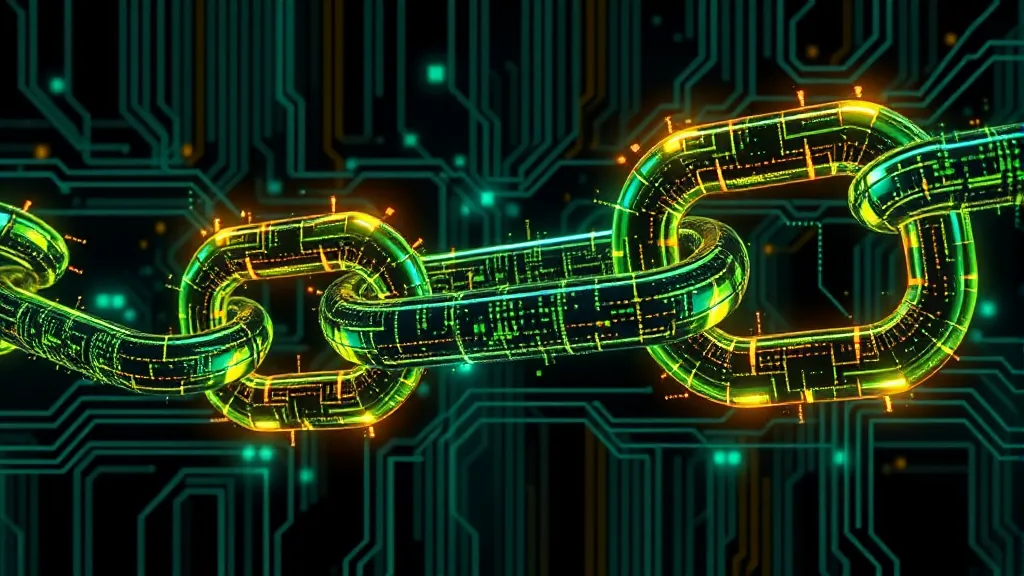The Cyber Kill Chain, created by Lockheed Martin, is a framework that delineates the phases of a cyberattack, assisting companies in detecting, preventing, and responding effectively to threats.
Exploration
The assailant collects intelligence regarding the target, which may include scanning for IP addresses, domain names, or exposed services.
Weaponization
Utilising acquired intelligence, the assailant formulates a customised exploit—generally by integrating malware with a delivery mechanism (such as a phishing email).
Shipment
The exploit has been initiated. It may be a harmful attachment, an infiltrated website, or a physical device.
Utilisation
The assailant exploits a weakness in the target’s system, executing the payload to obtain access.
Installation
Malware is deployed to guarantee continuous access, typically via a backdoor or remote access Trojan (RAT).
Command and Control (C2)
The assailant interacts with the breached system, executing commands or retrieving data.
Initiatives Regarding Objectives
The primary objective—be it data exfiltration, system interference, or monitoring—is accomplished.
Comprehending each phase allows defenders to interrupt the sequence promptly, hence diminishing the danger and consequences of a breach. This information enables firms to customise their detection technologies, response strategies, and employee training to address specific stages of the kill chain.

Leave a Reply